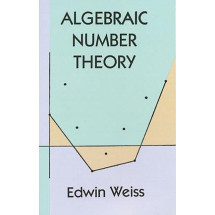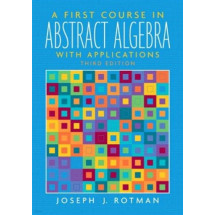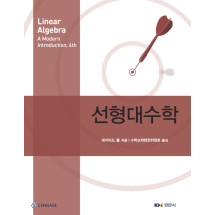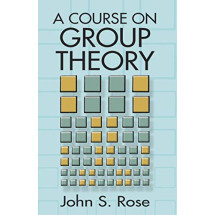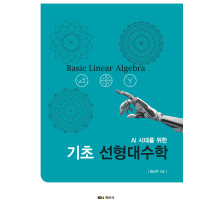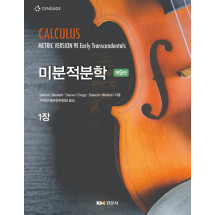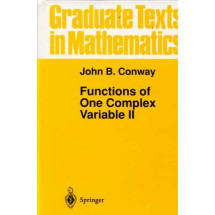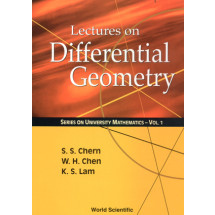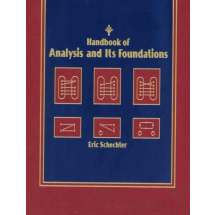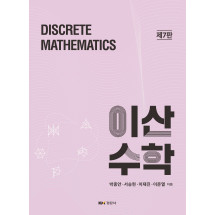Preface
New to this Edition
1 Preliminaries
1.1 Mathematical Induction
1.2 The Binomial Theorem
2 Divisibility Theory in the Integers
2.1 Early Number Theory
2.2 The Division Algorithm
2.3 The Greatest Common Divisor
2.4 The Euclidean Algorithm
2.5 The Diophantine Equation
3 Primes and Their Distribution
3.1 The Fundamental Theorem of Arithmetic
3.2 The Sieve of Eratosthenes
3.3 The Goldbach Conjecture
4 The Theory of Congruences
4.1 Carl Friedrich Gauss
4.2 Basic Properties of Congruence
4.3 Binary and Decimal Representations of Integers
4.4 Linear Congruences and the Chinese Remainder Theorem
5 Fermat's Theorem
5.1 Pierre de Fermat
5.2 Fermat's Little Theorem and Pseudoprimes
5.3 Wilson's Theorem
5.4 The Fermat-Kraitchik Factorization Method
6 Number-Theoretic Functions
6.1 The Sum and Number of Divisors
6.2 The Mobius Inversion Formula
6.3 The Greatest Integer Function
6.4 An Application to the Calendar
7 Euler's Generalization of Fermat's Theorem
7.1 Leonhard Euler
7.2 Euler's Phi-Function
7.3 Euler's Theorem
7.4 Some Properties of the Phi-Function
8 Primitive Roots and Indices
8.1 The Order of an Integer Modulo n
8.2 Primitive Roots for Primes
8.3 Composite Numbers Having Primitive Roots
8.4 The Theory of Indices
9 The Quadratic Reciprocity Law
9.1 Euler's Criterion
9.2 The Legendre Symbol and Its Properties
9.3 Quadratic Reciprocity
9.4 Quadratic Congruences with Composite Moduli
10 Introduction to Cryptography
10.1 From Caesar Cipher to Public Key Cryptography
10.2 The Knapsack Cryptosystem
10.3 An Application of Primitive Roots to Cryptography
11 Numbers of Special Form
11.1 Marin Mersenne
11.2 Perfect Numbers
11.3 Mersenne Primes and Amicable Numbers
11.4 Fermat Numbers
12 Certain Nonlinear Diophantine Equations
12.1 The Equation
12.2 Fermat's Last Theorem
13 Representation of Integers as Sums of Squares
13.1 Joseph Louis Lagrange
13.2 Sums of Two Squares
13.3 Sums of More Than Two Squares
14 Fibonacci Numbers
14.1 Fibonacci
14.2 The Fibonacci Sequence
14.3 Certain Identities Involving Fibonacci Numbers
15 Continued Fractions
15.1 Srinivasa Ramanujan
15.2 Finite Continued Fractions
15.3 Infinite Continued Fractions
15.4 Farey Fractions
15.5 Pell's Equation
16 Some Recent Developments
16.1 Hardy, Dickson, and Erdos
16.2 Primality Testing and Factorization
16.3 An Application to Factoring: Remote Coin Flipping
16.4 The Prime Number Theorem and Zeta Function Miscellaneous Problems
Miscellaneous Problems
Appendixes
General References
Suggested Further Reading
Tables
Answers to Selected problems
Index



